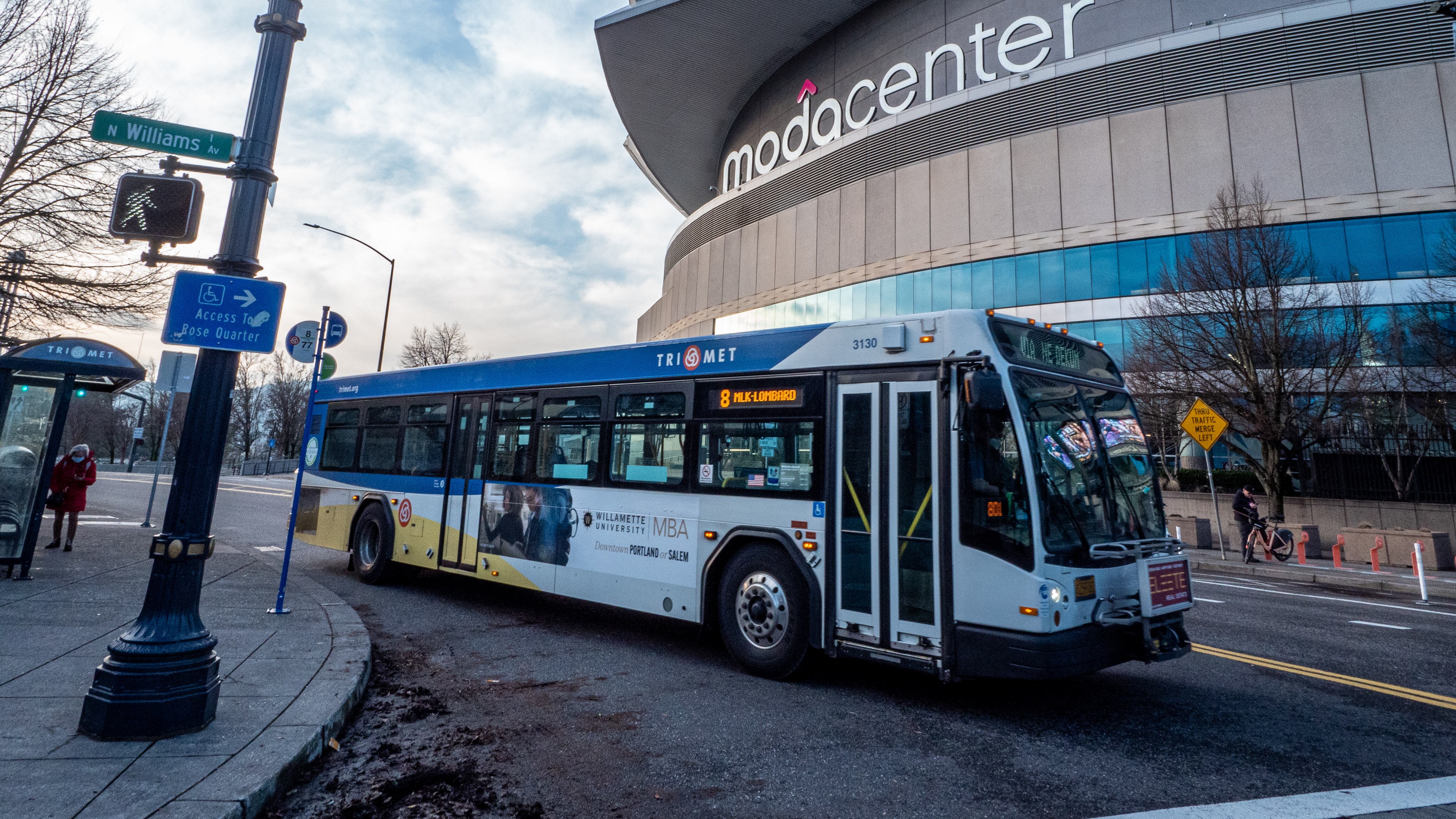Amid a budget crunch, TriMet is making major public safety expenditures—as well as tactical changes in how it polices its trains, buses and platforms.
The agency has signed a new five-year contract, worth up to $108 million, with a private security company. It has also beefed up prosecutions and begun new overnight “code enforcement missions” at certain stations near homeless shelters, WW has learned.
The changes follow a series of shocking, high-profile crimes on TriMet that have undermined the agency’s efforts to lure back riders after the pandemic. In January, a 25-year-old man suffering from schizophrenia chewed off a man’s ear on a Gresham MAX platform. Last month, a woman walking past the Providence Park MAX platform was knocked unconscious when a man threw a metal water bottle that hit her in the head.
Meanwhile, facing a budget crunch, the agency plans to hike fares 12% beginning next year.
TriMet ridership is down almost 40% from prior to the pandemic. To get them to return, agency officials need to convince riders that public transit is safe.
“We’re trying to make sure that we get the word out to passengers,” Keith Edwards, a member of the agency’s board of directors, said at its meeting last month. “They’ll have a better feeling of safety when they’re riding on TriMet.”
TriMet has traditionally borrowed cops from neighboring law enforcement agencies to police its network. But right now, there’s none to spare. The transit agency has the budget for 65 cops, but has filled less than a third of those positions.
That’s a problem, TriMet director of safety Andrew Wilson told the board. “Increased law enforcement abilities and increased prosecution, in some cases, are really the best tools we have.” So, lacking cops, the agency is bringing on more prosecutors and unarmed security guards.
The agency’s board voted last month to pay for an additional prosecutor from the Multnomah County District Attorney’s Office to focus on TriMet crimes, as well as a pair of investigators.
And, it’s expanding a pilot program begun in 2021 that hires unarmed security guards to discourage criminal activity and connect riders in crisis to social services. The team began with eight members and, with the new influx of funding, can now grow to almost 250.
Strategies are shifting too. The agency began three-night-a-week missions by fare inspectors and TriMet police officers targeting certain MAX stations from midnight to 4 am, TriMet spokeswoman Tia York confirms to WW. They check fares and enforce the agency’s code of conduct, she says.
The locations were chosen “to be near service providers,” but the missions don’t target unhoused riders, York adds. “This is in response to challenges we’ve had with people who are misusing our transit system and refusing to get off vehicles at the end of the lines and, at times, have harassed and/or threatened our operators, cleaning staff and contract security personnel or damaged our equipment.”
And it’s not just Portlanders who are commenting on the new security at TriMet.
“The nation has taken note,” TriMet board president Ozzie Gonzalez says. “Other agencies are watching the work TriMet is doing right now.”
Some of the locations of recent late-night TriMet enforcement missions

1. Goose Hollow/SW Jefferson St. MAX Station
2. Rose Quarter Transit Center
3. E 102nd Ave. MAX Station
